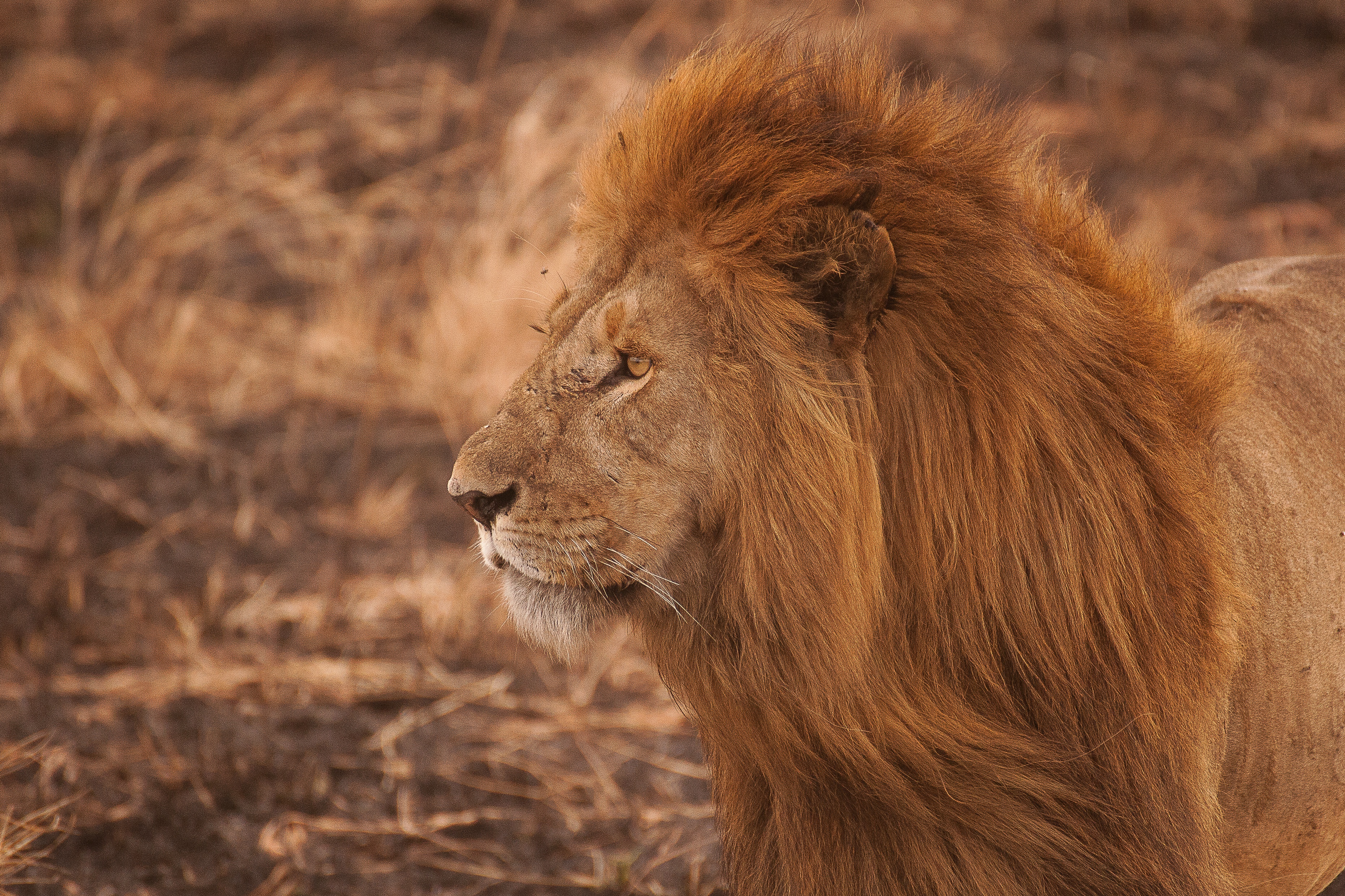The transition from boyhood to manhood has been a cultural element of many groups for centuries. For males born in the United States, like myself, there aren’t any official cultural practices to support the transition into becoming a man. Honestly, manhood is not well defined. Most of the men I know see being “a man” as a destination, and something that is achieved after a significant event has occurred. Often times, these events are traumatic. However, I would suggest being “a man” is more of a journey than an accomplishment.
I see my current position in life as the beginning of my journey in discovering who I am as a man. Most of my childhood consisted of trauma and drama—I was exposed to domestic violence for a majority of it. It was painful, unpredictable, and often shocking. I am the oldest of three boys, and my brothers played a significant role in my development as a man. Unbeknownst to them, I made a lot of decisions in my life to provide a model for what I thought we lacked in the male figures. I always attempted to do things so they could have at least one example for what a man is supposed to be, which was a lot of responsibility to place on myself as a child. However, I felt chosen.
Now, I am approaching 30 years old and do a lot of work on trauma, masculinity, personal development, and mental health. My peers often ask me, “How did you overcome?” and “What helped you heal from your trauma?” There is not an easy answer to these questions. The following three things have been significant in assisting me on my healing journey:
1. Self-Awareness: This is the key element in my journey. I was able to be authentic with myself and able to understand the things that were both constructive and destructive. Being honest with yourself takes a willingness to get out of your comfort zone and be brave enough to take a risk.
2. Models of Impact: I remember always coming in contact with men who inspired me directly or indirectly to be greater than I was. There were a significant number of women too. However, I can name at least one male at each stage of my development that expanded my vision of manhood and created a notion that there was something different and better out there for myself.
3. Exposure: This is one of the most underappreciated elements of development. I have been exposed to other environments and people, allowing me to gain a perspective on a purpose larger than the box in which I was raised.
In essence, my healing journey involves self-awareness, social connect, and environment. We cannot heal without being able to find comfort in these three areas. Many men suffer in silence because we struggle to identify our comfort zone as an unhealthy place for us to be in. Our pain is familiar and predictable, which usually leads to limited action in treating it in a constructive matter.
I do not view healing as a destination, and I find it dangerous when others do. I see healing as more of a journey. Sometimes we have experienced so much toxicity in our lives it does not go away. However, those adverse experiences do not have to impede our growth and our purpose as men. It is my hope that your journey will lead to abundance and success.
